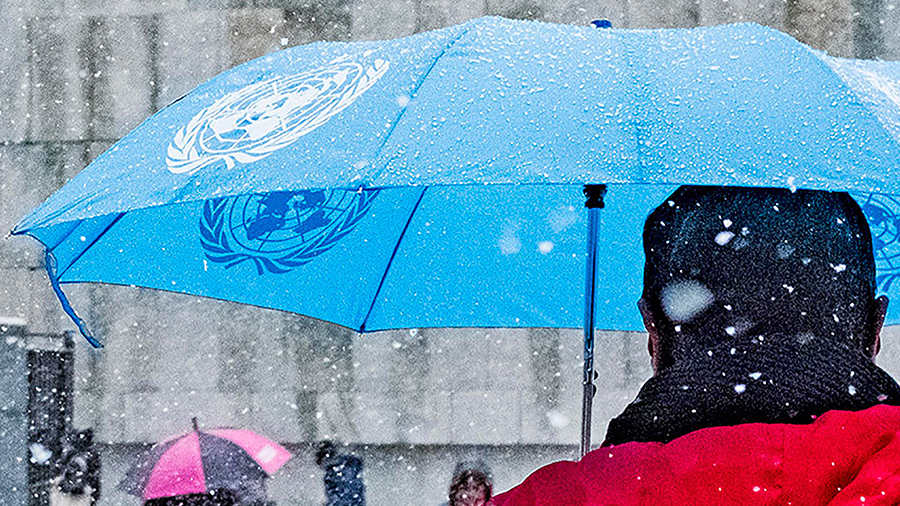PROTECTION AGAINST RETALIATION

The UN’s protection against retaliation policy (“the policy”) is to ensure that the Organization functions in an open, transparent and fair manner and enhances protection for those who report misconduct (any violation of the Organization’s rules and regulations by staff members), wrongdoing (by any person that is harmful to the interests, operation or governance of the United Nations), or cooperate with duly authorized audits and investigations.
The reports and cooperation are considered “protected activities” under the policy. In order to receive protection, any report should be made as soon as possible, in good faith and not later than six years since you became aware of the original misconduct. To be considered a protected activity, a report of misconduct must include information or evidence to support a reasonable belief that misconduct occurred. Under very specific and limited conditions, protection against retaliation may be extended to individuals who report misconduct through external mechanisms.
Retaliation means any direct or indirect detrimental action that adversely affects your employment or working conditions, where such action has been recommended, threatened or taken for the purpose of punishing, intimidating or injuring you because you engaged in a protected activity. You must submit a request for protection to the Ethics Office within six months of becoming aware of the retaliation.
Under the policy, the Ethics Office maintains and the confidentiality of all communications received from complainants who request protection. We will not discuss your matter with third parties without receiving your consent first. Seeking protection from the Ethics Office does not preclude you from seeking recourse from other UN offices, when applicable.
Retaliation for activities that are not “protected” under this policy (e.g. requesting management evaluation, testifying before a UN administrative tribunal, seeking the assistance of the Ombudsman, disagreeing with management decisions, etc.) may amount to prohibited conduct or misconduct, if proven, and may be protected or remedied under other policies.
The Ethics Office’s mandate includes:
- Receiving retaliation complaints and conducting preliminary reviews;
- Referring prima facie cases of retaliation to OIOS for investigation;
- Recommending interim protection measures to protect complainants during an investigation;
- Referring complainants to the Ombudsman, or other informal conflict resolution resources or heads of department/office for managerial problems, as appropriate; and
- Recommending final, post-investigation corrective measures when a case of retaliation has been established and recommending referrals for disciplinary action, as appropriate.
The Ethics Office does not receive misconduct or wrongdoing allegations. Staff members must report to one of the following UN offices authorized to receive complaints:
- Office of Internal Oversight Services (OIOS),
- the “responsible official” in your entity as defined under Section 2 of ST/AI/2017/1.
All staff members, interns, UN Volunteers and individual contractors or consultants are protected from retaliation under the policy. If you feel you were subjected to retaliation because you reported misconduct or wrongdoing or cooperated with an audit or investigation, contact the Ethics Office. Complete the Ethics Office’s Protection against Retaliation Form.![]()
If the Ethics Office finds that there is no prima facie case of retaliation and you wish to have the matter reviewed further, you must request review from the Alternate Chair of the Ethics Panel of the United Nations within 30 days of notification.
For questions or concerns, contact the UN Ethics Office
Helpline: available on iSeek or email:ethicsoffice@un.org
